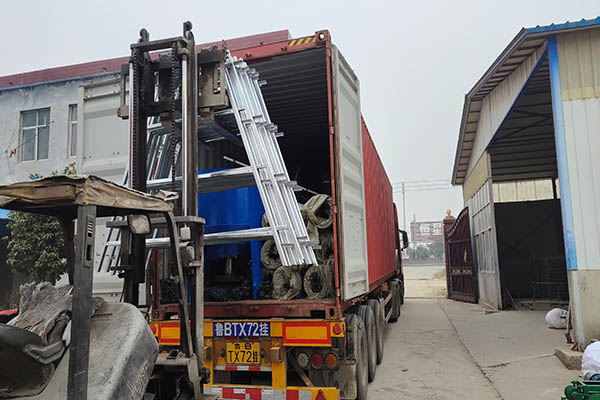What Sensors Can Be Added to Poultry Cages?
In the modern poultry farming industry, the integration of technology has become crucial for enhancing efficiency and animal welfare. Sensors play a pivotal role in monitoring the health and comfort of chickens in their cages. In this article, we will explore the various types of sensors that can be added to poultry cages to optimize farm operations.
Temperature Sensors
Maintaining the right temperature is essential for the well-being of chickens. Temperature sensors can be installed in poultry cages to monitor the ambient temperature and ensure it remains within the optimal range. This helps prevent heat stress and keeps the chickens healthy.
Humidity Sensors
Humidity levels also significantly impact chicken health. Humidity sensors can be used to monitor the air moisture in the cages, ensuring it is at a level that promotes good health and reduces the risk of respiratory diseases.
Ammonia Sensors
Ammonia levels in poultry houses can be harmful to both chickens and humans. Ammonia sensors detect the presence of ammonia and alert farmers to take corrective actions, such as improving ventilation, to maintain a safe environment.
Motion Sensors
Motion sensors can be installed to monitor the activity levels of chickens. This helps in identifying any signs of illness or stress, allowing farmers to intervene promptly and improve the overall health of the flock.
CO2 Sensors
Carbon dioxide (CO2) levels can indicate the overall health of the chickens and the efficiency of the ventilation system. CO2 sensors can help farmers maintain a balanced environment that promotes good growth and reduces the risk of respiratory issues.
Feed Sensors
Feed sensors can be used to monitor the amount of feed consumed by chickens. This helps in managing feed inventory and ensuring that the chickens receive the right amount of nutrition for optimal growth.
Water Sensors
Water sensors are crucial for monitoring water consumption in poultry cages. They help farmers ensure that chickens have access to clean, fresh water at all times, which is essential for their health and productivity.
Health Monitoring Sensors
Health monitoring sensors can detect changes in chicken behavior, such as changes in movement or feeding patterns, which may indicate illness or stress. Early detection of such issues can lead to timely intervention and better overall flock health.
Benefits of Adding Sensors to Poultry Cages
– Enhanced Animal Welfare: Sensors help in maintaining optimal conditions for chickens, leading to better health and well-being.
– Improved Efficiency: Real-time monitoring allows farmers to make informed decisions, reducing waste and improving overall farm efficiency.
– Cost Savings: Early detection of issues can prevent costly health problems and reduce the need for veterinary services.
Livi Machinery: Your Partner in Poultry Farming
At Livi Machinery, we understand the importance of technology in modern poultry farming. Our range of high-quality sensors and equipment is designed to help you optimize your farm operations and improve the health and well-being of your chickens.
Contact us today to learn more about our products and services. Let us help you take your poultry farming business to the next level.

